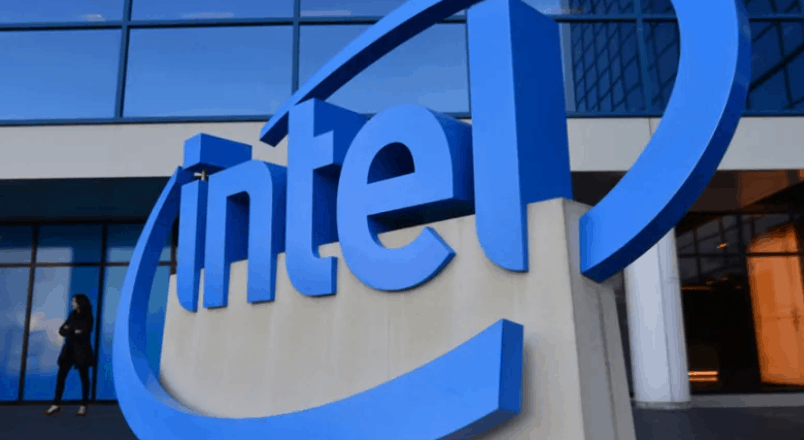After first announcing a deal back in July, Intel is now finally getting out of the smartphone modem business thanks to some help from Apple.
However, while the acquisition is valued at $1 billion, the sale of Intel’s smartphone modem business to Apple isn’t necessarily the cash windfall it might seem. In a court filing last week (via Reuters), Intel claims the deal still represents a multi-billion dollar loss for the company after the company was essentially forced out of the market thanks to anti-competitive practices employed by rival modem-maker Qualcomm.
With the deal now final, Apple will acquire around 2,200 employees from Intel, along with a range of equipment, leases, and modem-related patents and intellectual property. That said, while the deal frees Intel from having to compete with Qualcomm when it comes to selling smartphone modems, Intel is retaining its other modem businesses that are tasked with developing components for PCs, cars, and IoT devices.
But the biggest impact of the deal is that this allows Apple to bring yet another aspect of its hardware business in house, allowing Apple to be in greater control of the components and tech that’s used in its gadgets.
It will probably be, at minimum, another couple years before we start seeing Apple developed modems show up in new iPhones, as following the resolution of the billion-dollar legal slapfight between Apple and Qualcomm earlier this year, Apple and Qualcomm also agreed to a six-year patent licensing deal (with an optional two-year extension) and a multi-year chipset supply deal.
This gives Apple some lead time to bring its newly acquired modem business in house and to work on making its tech 5G-ready (with 5G iPhones expected to drop next year) before having to put its tech in retail devices.
But eventually, like Apple’s homegrown A-series chips, modems along with displays look to be yet another component Apple would rather design itself than leave in the hands of third-party suppliers.

